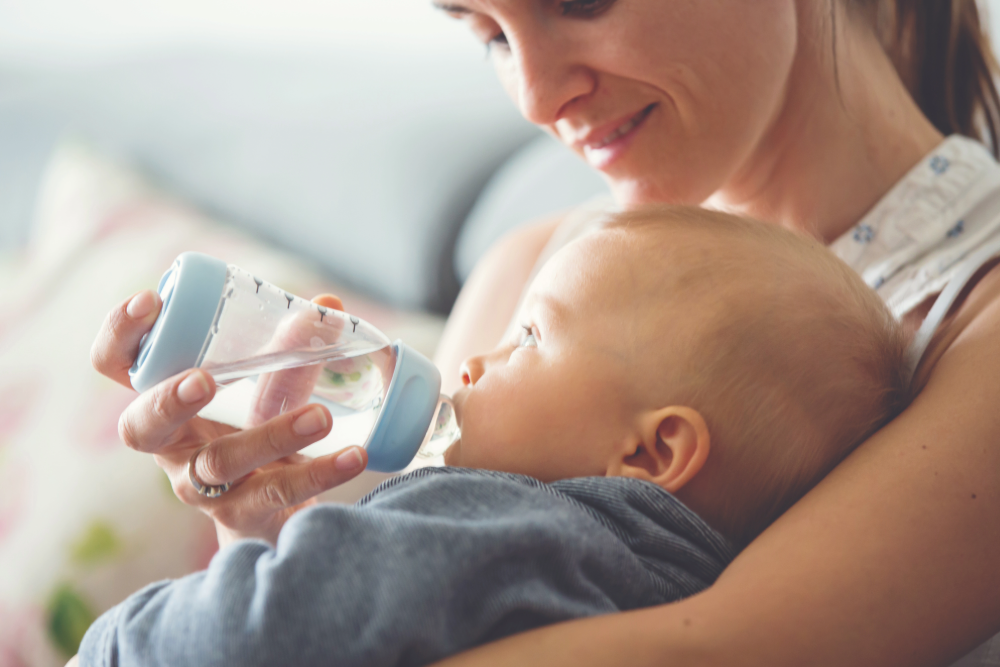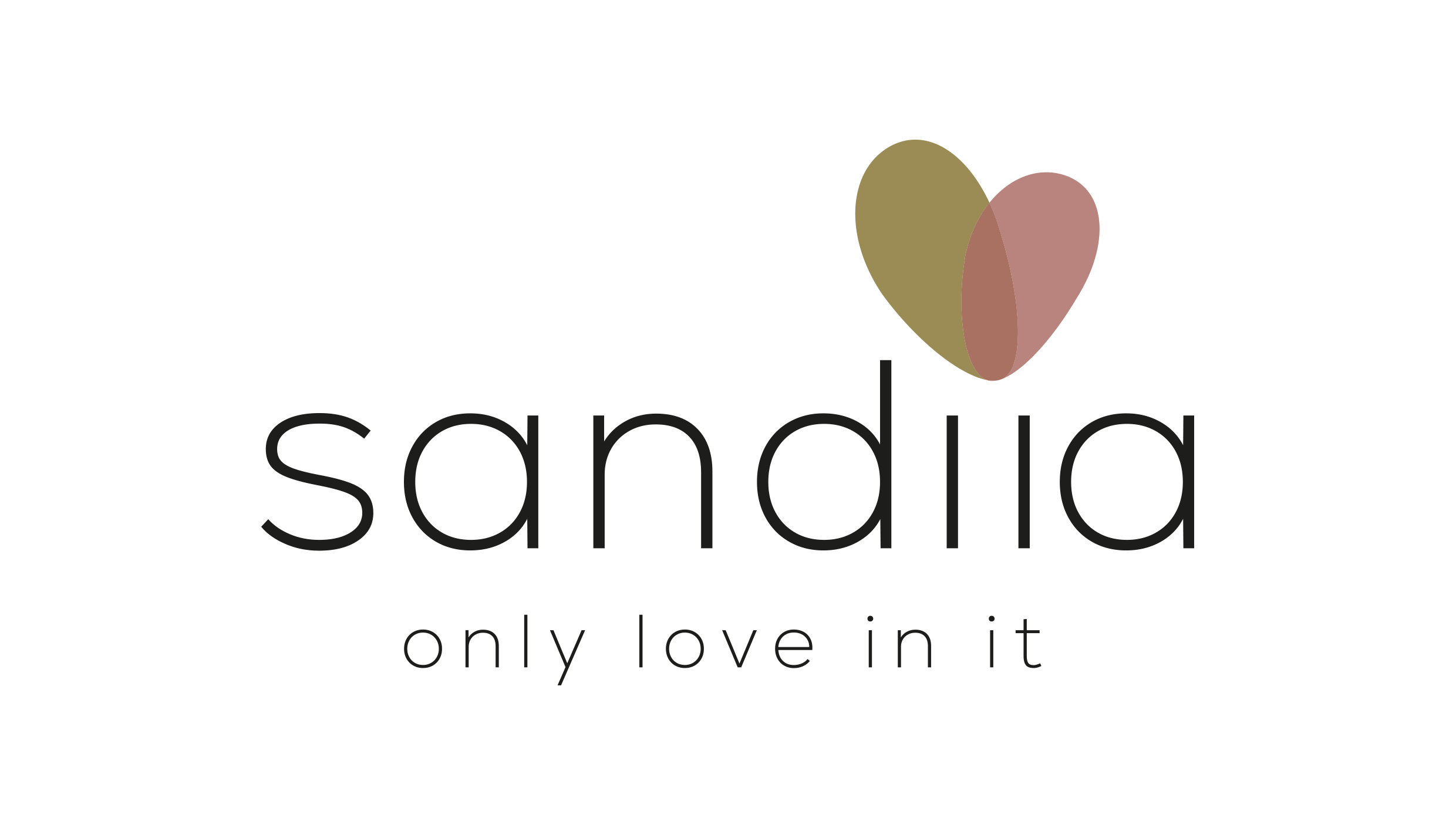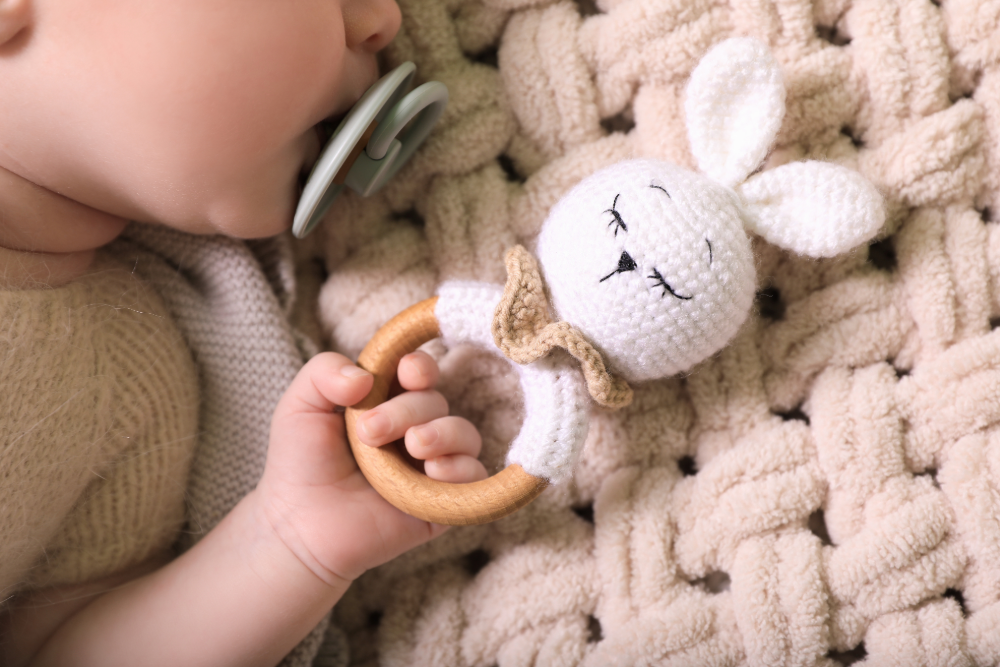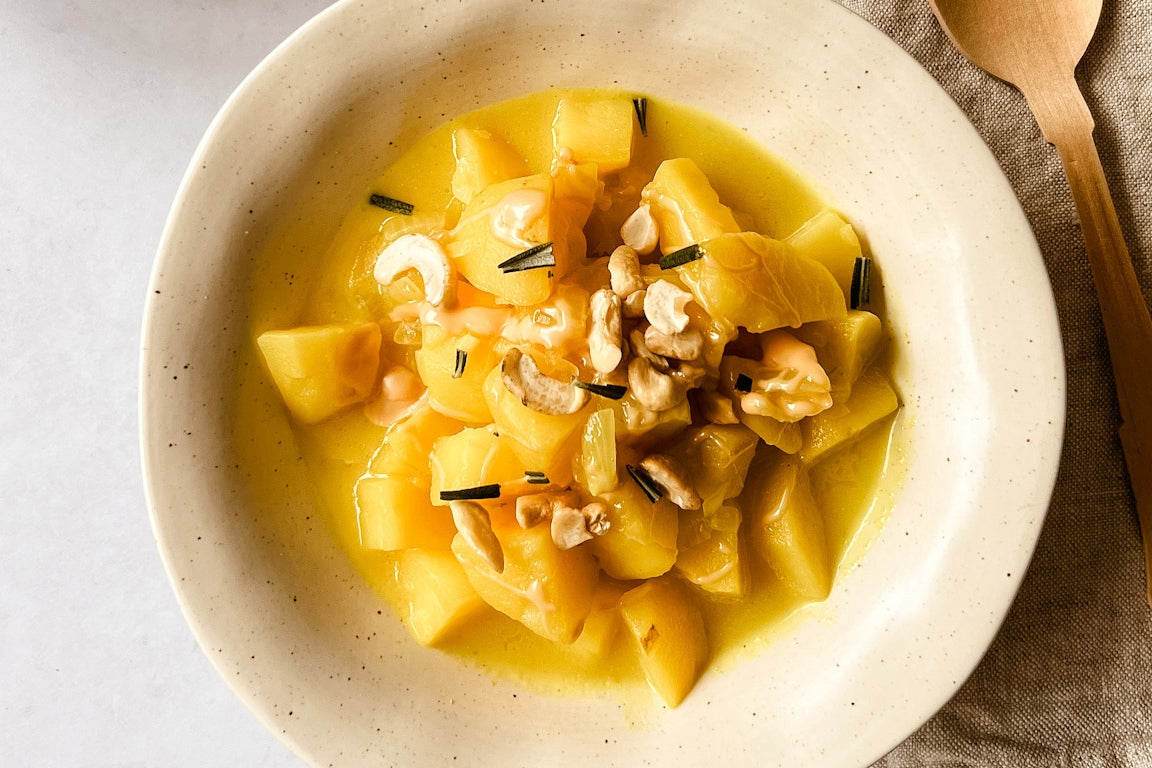
Which still water for baby food? – Clarity in the bottle jungle
When a baby arrives in the family, an exciting time begins, full of questions – especially regarding nutrition. One thing is particularly important for parents who don't breastfeed or who also bottle feed: choosing the right water for baby food . Not all still water is automatically suitable. In this article, we explain what you should look out for, what options are available – and what you should avoid.
Why water quality is so important in baby food
Babies are particularly sensitive in the first few months of life. Their digestive systems are not yet fully developed and are more sensitive to germs, nitrates, or residues in the water. Therefore, it is crucial to use clean, suitable water when preparing formula.
Basically, not all water is suitable for babies
While it may sound tempting to simply turn on the faucet, tap water isn't always the best choice for preparing baby food. This depends primarily on the quality of your drinking water and your home's plumbing.
When is tap water suitable?
In many areas of Germany, tap water is of very good quality. It can be used for bottle preparation if :
-
it has been freshly drained (the water should not be “old” from the tap)
-
the house wiring is not made of lead or copper
-
the water has low nitrate and sodium levels
-
you always boil the water, especially for newborns
Tip: Check with your local water supplier for the current values of your drinking water – or have it tested to be on the safe side.
Mineral water – but please with this seal!
If you want to play it safe, opt for bottled still mineral water. But again, not all mineral water is automatically suitable for babies!
When purchasing, please note the following:
-
The label must explicitly state: “Suitable for the preparation of infant formula”
-
It should be still water – without carbonation!
-
The sodium content should be below 20 mg per liter
-
No or very low nitrate content
Such waters are subject to particularly strict controls and contain no harmful residues. Good examples include:
-
Evian Baby Water
-
Volvic (with baby reference)
-
State-run Fachingen baby water
-
Lauretana Baby
A small disadvantage: These waters are often more expensive than tap water – but offer absolute safety.
Does the water need to be boiled?
Yes – especially during the first few months of life, it's recommended to always boil water, regardless of whether it comes from the tap or a bottle. This reliably kills any potential germs.
Then let the water cool down to about 40°C to 50°C before adding the milk powder – this will preserve the nutrients.
From the sixth month onwards, when your baby's immune system has developed further, boiling may not be necessary (depending on your pediatrician's recommendation) - provided the water is of safe quality.
What you should avoid
To ensure your baby is safe, make sure to avoid the following water sources and types:
-
Carbonated water – can irritate your baby’s sensitive stomach
-
Water with a high mineral content – e.g., medicinal waters
-
Water from outdated pipes – risk of lead or copper residues
-
Spring water or well water from an unknown source – untested = unsafe
Filter systems or table water filters should also be used with caution. While they can remove certain substances from the water, they do not offer reliable protection against germs – especially if the filters are not changed regularly.
Conclusion: Clear view of bottled water
When it comes to your baby, care is key – including when choosing water. Whether boiled tap water or specially labeled mineral water, it's important that it's low in sodium, nitrate, and germs and contains no contaminants.
If you want to be on the safe side, choose a mineral water with a baby seal – or talk to your midwife or pediatrician about the quality of your tap water.
And most importantly: Don't let yourself be put off. With a little background knowledge and a quick look at the label, you can ensure your baby is well cared for – right from the start.


